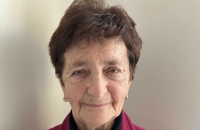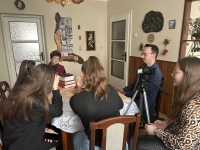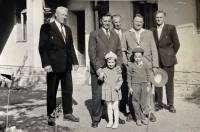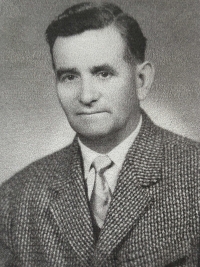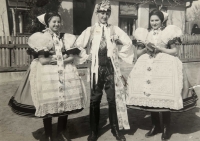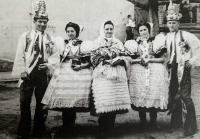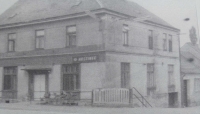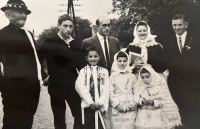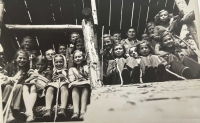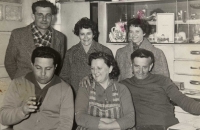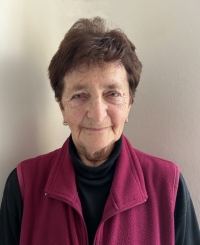The Communists took our hotel and put my father in prison
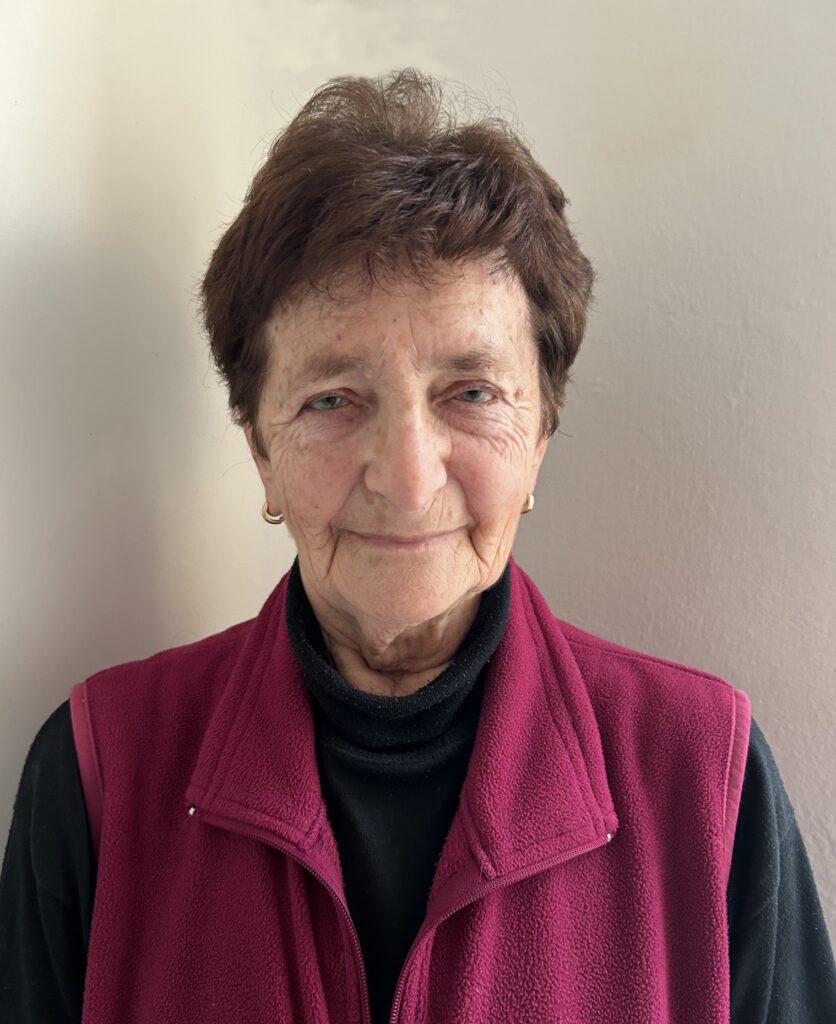
Stáhnout obrázek
Marie Petrlová, née Straková, was born as the middle of three siblings to parents who owned a hotel near the railway station in Lanžhot on 21 May 1938. She has fragmentary memories of the war years, including of hiding in the cellar when the Germans blew up an ammunition store at the station and of Russian soldiers who stabled a herd of cows in their yard and called the women to peel potatoes. In the 1950s, the family‘s hotel was expropriated and Marie Petrlová‘s father František Straka was arrested, probably on a confidant‘s tip-off, and sentenced. He was held in prisons in Zbýšov near Brno, Jáchymov and Příbram and built the hospital in Ostrov nad Ohří later on. The witness‘s mother had to take care of three quite young children on her own. The witness‘s elder sister was not allowed to study because of her imprisoned father, but Marie Petrlová and her brother eventually graduated from high school. The regime also took issue with their faith and regular attendance at religious services, which was also written in the cadre profiles of Marie Petrlová‘s daughters and made it difficult for her to advance in her career. The hotel was returned to the family after the Velvet Revolution and the father was compensated 360,000 crowns for his years in prison. In 2023, Marie Petrlová was living in Lanžhot in the house her father had helped build together with his friends from prison.
